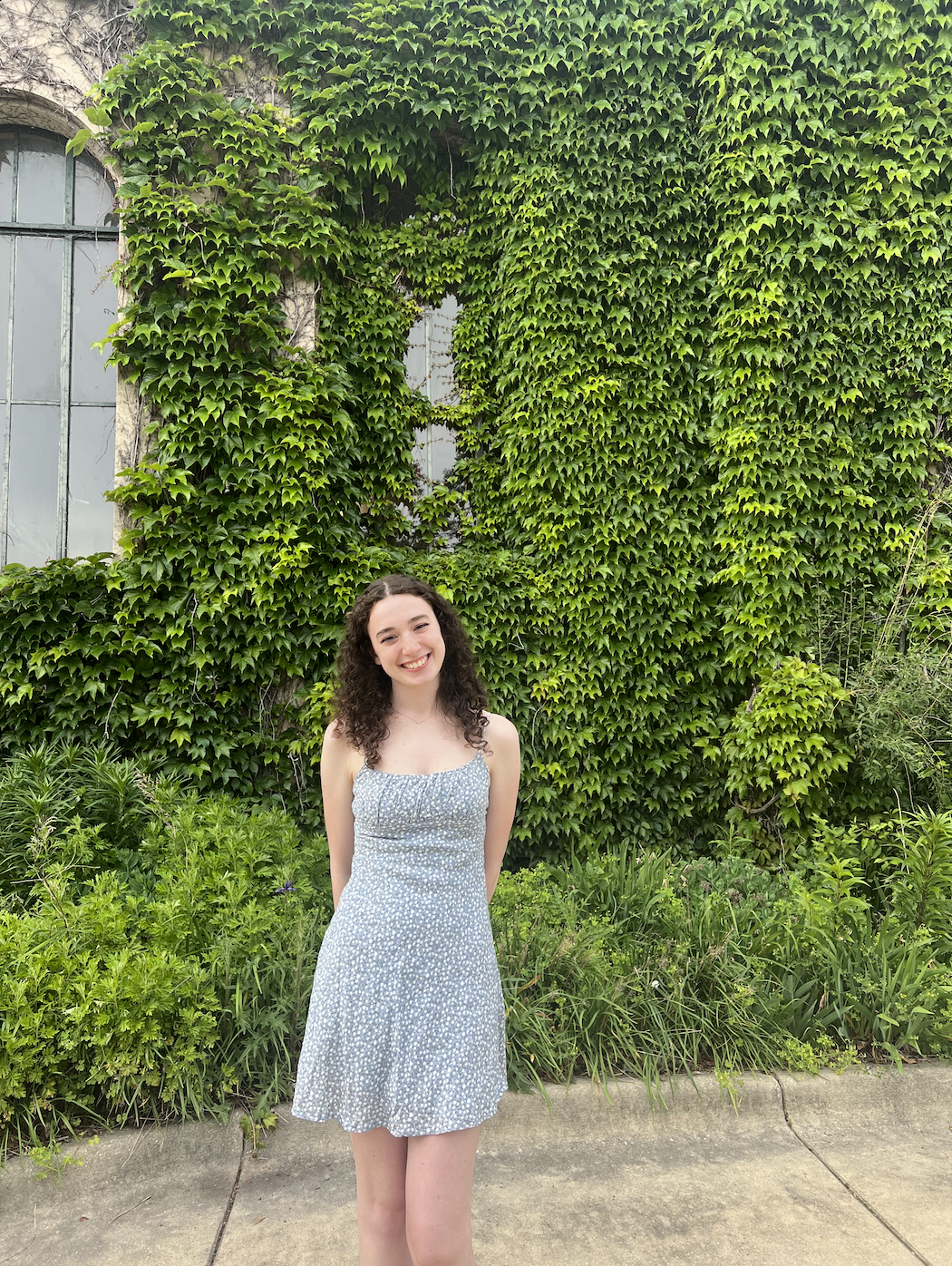

Hometown: Chicago, IL
Year/Graduation: Senior, May 2026
Concentration: Fish, Wildlife, and Conservation Biology
Why Illinois? – What factors helped contribute to your decision to attend the University of Illinois at Urbana-Champaign?
Growing up in Chicago, applying to UIUC was a no-brainer. So many people from my high school went here, and the in-state tuition made it an obvious addition to my long list of colleges I sent in applications for. I had never been to the campus, though, and didn’t know much about the school at all.
It wasn’t until after I visited the campus as an admitted student that I truly felt a sense of belonging here. I felt welcomed by everybody I met along my tour, from the bookstore to the residence halls and even just passer bys on the street. The overall value of community and collaboration was clear to me, I saw it in the way students studied together on picnic blankets and engaged in discussions with their professors in academic buildings.
Everybody seemed happy to be there, and happy to help the people around them. I was excited to take part in such a community.
Why NRES? – Specifically, why did you choose to study Natural Resources and Environmental Sciences?
My dream job, beginning at a very young age, has always been to work with wildlife. I grew up with a fascination for animals across the world, especially those in the ocean. It became increasingly disheartening to learn about the challenges that ecosystems face as a result of human activities, and turned me in the direction of conservation. I engaged in activities at the Shedd Aquarium, volunteered at a sea turtle hospital, and partook in beach clean ups, and wanted to take my passion even further by studying environmental sciences at the college level.
NRES stood out to me because it offers a variety of classes, from the more science-y side of the environment, to social advocacy, to computer techniques, equipping its students with a toolbox of strategies for addressing our biggest environmental challenges.
There are so many ways to get involved not just in the classroom, but in laboratory and field settings through research and field classes that prepare us for a multitude of careers in environmental science. One of the courses that intrigued me was NRES 285, a field experience course that lets us try hands-on applications to the topics we learn about in class. Now as a junior, I am taking this class in Owl Migration & Education, and get to partake in research that involves capturing, banding, and attaching radio transmitters to Northern Saw-whet owls to study their migration patterns.
This is just one of many avenues you can take in NRES to explore your passions, learn new skills, and prepare yourself for a career in meaningful environmental work.